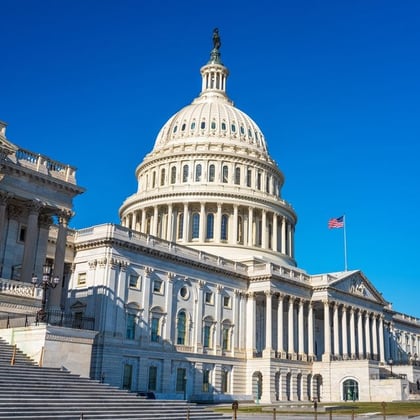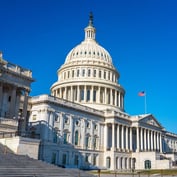What You Need to Know
- The retirement bill will likely get a House vote this summer.
- Secure Act 2.0 and/or related Senate legislation could be incorporated into another bill or bills.
- Broader federal budget negotiations could affect the final version of the bill, lawyer Brad Campbell says.
While the Securing a Strong Retirement Act, also known as Secure Act 2.0, will likely get a House vote this summer, President Joe Biden’s just-released budget could affect when the bill will come up for a Senate vote and which Secure Act 2.0 provisions ultimately survive, according to Brad Campbell, partner at Faegre Drinker in Washington.
Campbell, a former head of the Labor Department’s Employee Benefits Security Administration, said Thursday on the law firm’s Inside the Beltway webcast that it’s less clear when the Secure Act 2.0 — which passed the House Ways and Means Committee on May 5 — will receive a Senate vote as several retirement-related bills have also recently been floated.
“It is not clear whether they [lawmakers] intend to develop and move a bill independently, or to react to the Secure Act [2.0] when it comes over from the House,” Campbell told ThinkAdvisor.
Sens. Ben Cardin, D-Md., and Rob Portman, R-Ohio, last week reintroduced S. 1770, the Retirement Security & Savings Act, which includes a few new provisions. The Portman-Cardin legislation could get rolled into the Secure Act 2.0.









 June 01, 2021 at 01:18 PM
June 01, 2021 at 01:18 PM











